

Damion Smy
Ford posts its biggest loss since the Global Financial Crisis
4 Hours Ago
One of the key advantages of buying an electric vehicle is the ability to come home every night, plug it in, and charge it.

Contributor
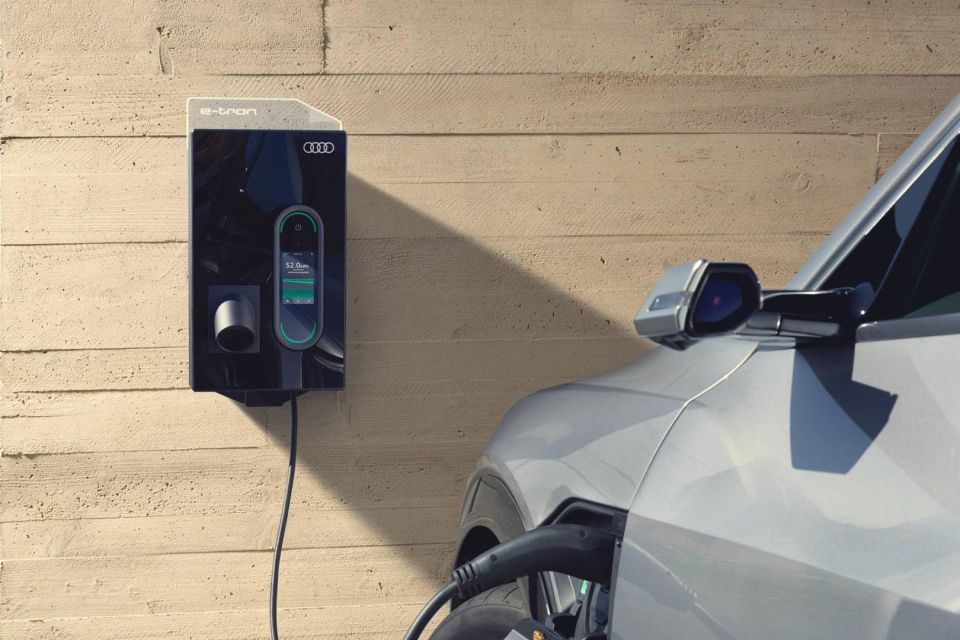

Contributor
One of the benefits offered by electric vehicles is their flexibility with charging options. Unlike combustion-engined cars, which must be taken to a petrol station to be refuelled, electric vehicle owners have a range of charging options available to them.
These include public DC fast-charging stations, ideal for road trips as they can quickly top up an EV’s battery, and destination chargers, as found in shopping centres, that allow owners to charge while they shop.
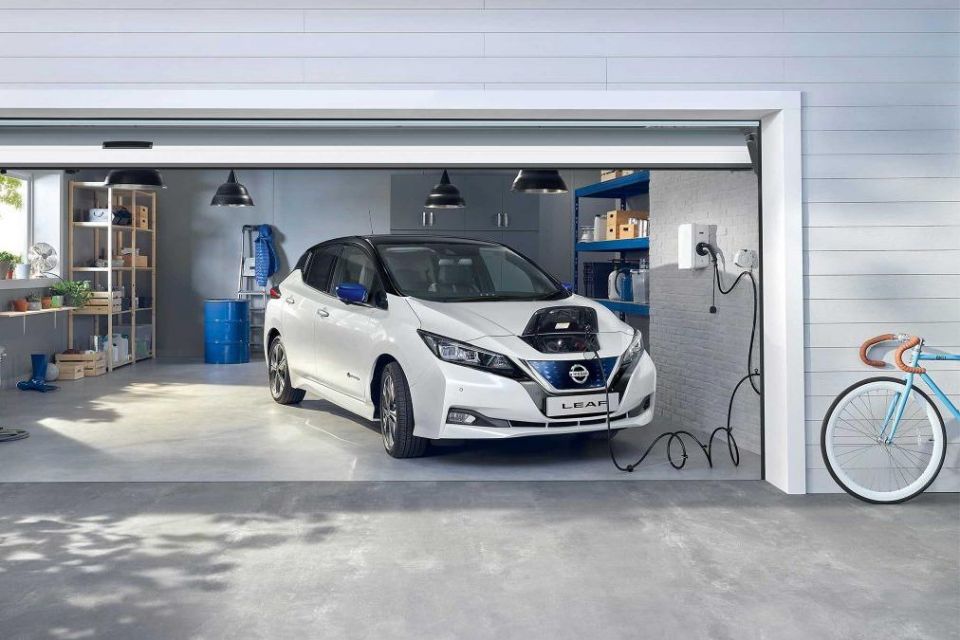
Another option available is home charging. This allows the owner to plug their car in while parked at home, and gives them the opportunity to leave in the morning with a full charge. In fact, the US Department of Energy claims that over 80 per cent of electric vehicle charging occurs at home.
All home EV charging solutions today are AC (alternating current) solutions that connect to the standard household electricity grid. Let’s take a closer look at the options available should you wish to charge your electric vehicle at home.
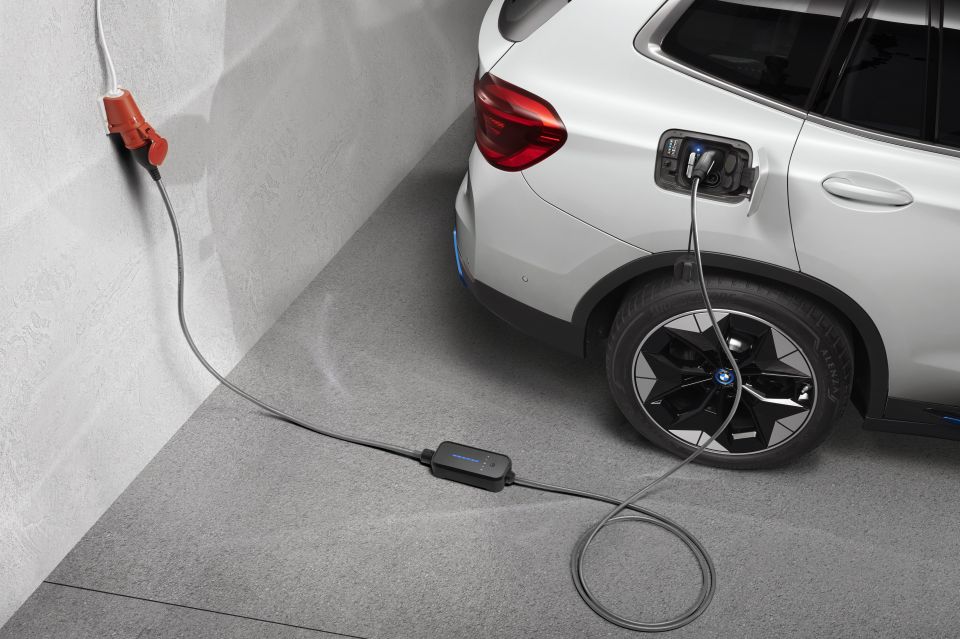
Portable EV chargers are effectively a glorified extension lead. One end of the cable plugs into a standard 240V household socket, while the other end connects to the car’s charging port.
Note that EVs may use different charging standards such as the Type 1 J1772 plug (older EVs and PHEVs such as the previous-generation Outlander PHEV and first-generation Nissan Leaf) or Type 2 Mennekes (as used by most EVs sold in Australia today), so be sure to purchase an appropriate portable charger to suit.
When purchasing a portable EV charger, be sure to look for one with a box in the middle. Technically, this is known as a residual current device (RCD), and works as an important safety feature.
MORE: Electric car charging standards: What does your EV use?
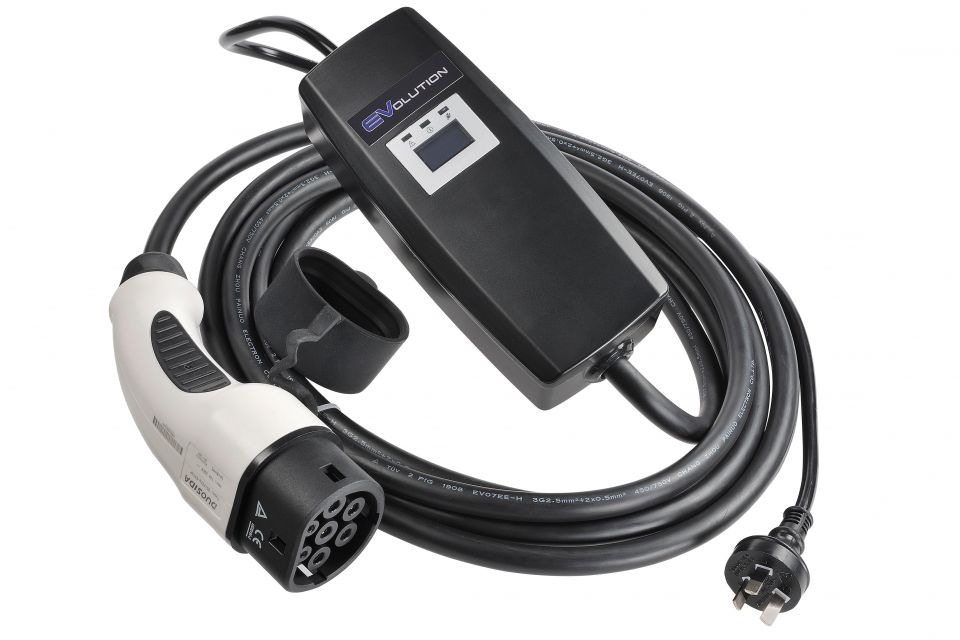
An RCD monitors the earth leakage current, and will almost instantaneously ‘trip’ the circuit if it detects electricity flowing through an unintended path, such as someone touching a live wire if the cable is damaged. It thereby prevents or reduces the chances of electrocution.
A portable charger equipped with a Type A RCD will be suitable for single-phase AC power outlets. However, if you’re connecting your car to three-phase AC, then a Type B RCD will be more appropriate.
Portable EV chargers also come in a variety of charging speeds and current-handling capacities. Cheaper, Level 1 entry-level models are able to typically provide around 2.2kW (10A) of power, equating to approximately 10km of range per hour.
Meanwhile, the fastest Level 2 portable chargers require a three-phase AC connection, but can provide up to 22kW (32A) of power, equating to approximately 40km of range per hour. Other speeds that are commonly available include 3.6kW (15A) chargers.
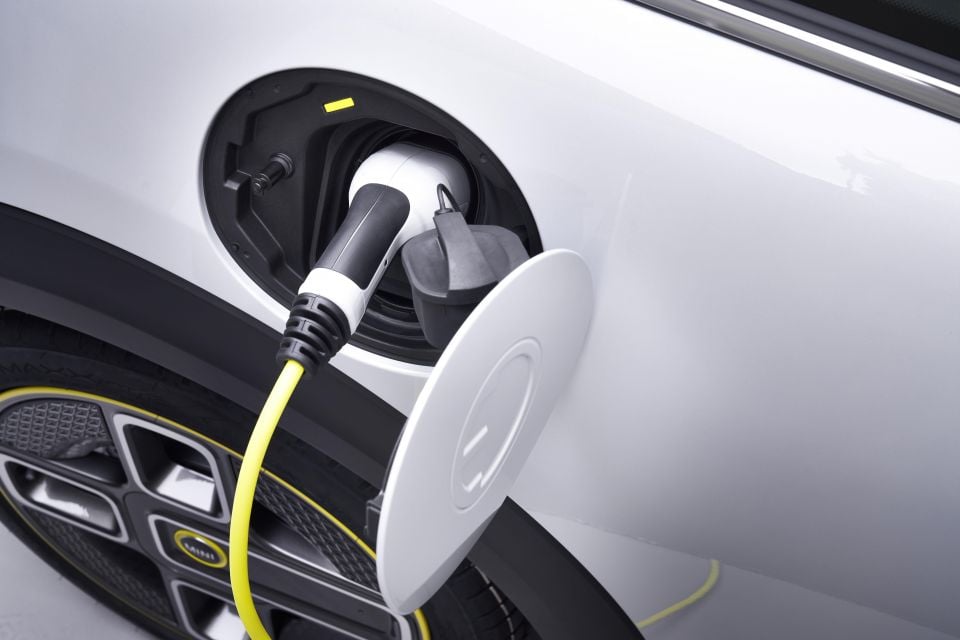
To determine which option is the most suitable for you, consider a range of factors such as your vehicle’s battery capacity, the distance that you typically drive daily and whether you have enough time to leave the vehicle charging overnight.
Other features to look out for with portable EV chargers include overcurrent and overvoltage protection, auto charge recovery (where the charger resets itself and continues charging after several minutes if the power supply is temporarily interrupted), and an LCD display on the RCD box that can show various charging statistics and other information such as temperature and the current charge rate.
Many portable chargers are also offered with an IP66 or IP67 water resistance rating, allowing owners to safely charge their vehicle if it’s raining.
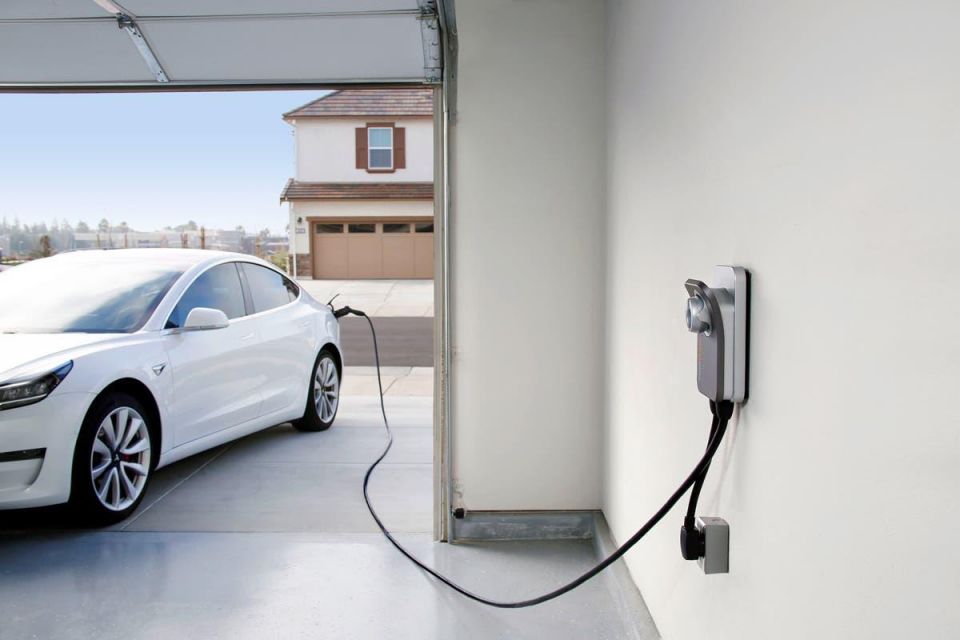
Dedicated home EV chargers offer a neater alternative to a portable charger, with the proviso that they must be professionally installed by an electrician to be used. The vast majority of dedicated home EV chargers consist of a compact box that’s mounted to the wall of a garage (or a post if a carport is being used), with the driver simply moving their EV to ensure the charge port is within reach, parking and plugging in their car, and then walking away.
Apart from offering a cleaner, more modern design, dedicated chargers may also offer safety benefits by incorporating various technologies.
These include residual current devices (as found in many portable chargers), as well as miniature circuit breakers (MCBs) or a combination of the two. The technology that combines the two is commonly known as an RCBO, or residual current circuit breaker with overcurrent protection.
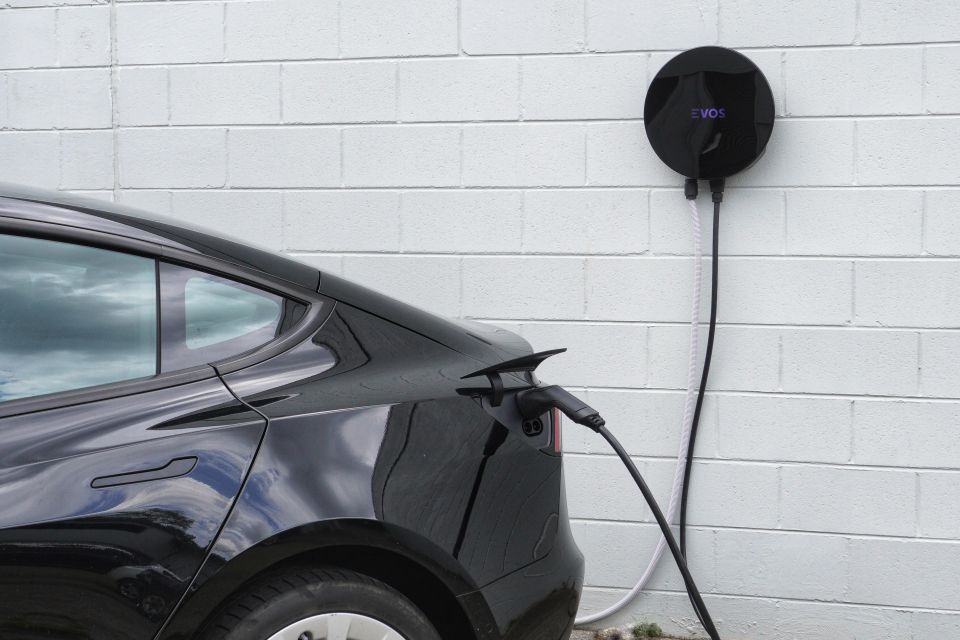
Wall chargers also pose a reduced risk of being a trip hazard or of the cable being otherwise damaged or frayed due to their mounting location.
Many dedicated chargers may also offer app or internet connectivity, allowing the user to remotely monitor the status of the charger and advise of any faults.
They may also offer advanced functionality such as scheduling when the car starts charging. This could be handy if your utilities plan has cheaper off-peak usage fees during particular times of the day.
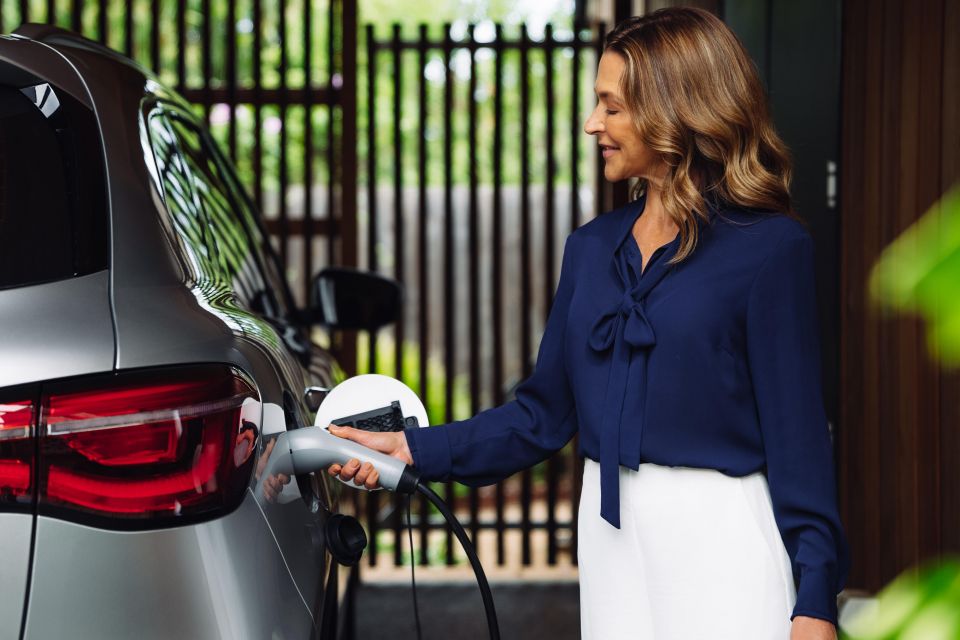
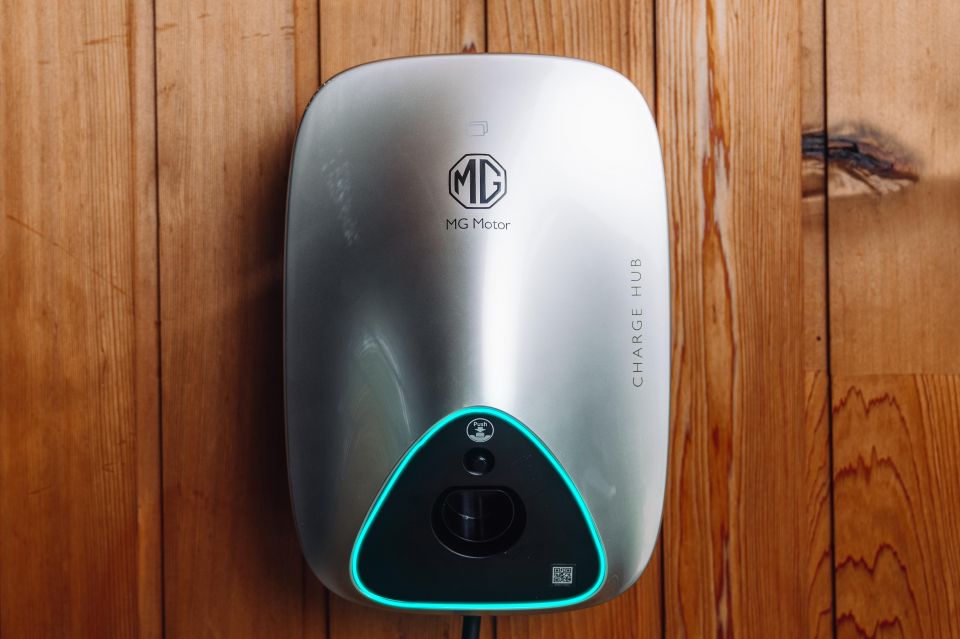
Dedicated chargers are generally capable of faster, more consistent charging speeds than their portable equivalents, and similarly come with various ratings designed to accommodate both single and three-phase AC power outlets. Single-phase (240V) options typically include models rated to 3.6kW (16A) or 7.2kW (32A), while three-phase (415V) offerings are rated to 11kW (16A) or a faster 22kW (32A).
Wall-mounted chargers are often available directly from the car manufacturer as an option (or from the dealership as a genuine accessory). MG is one of the brands that has taken an additional step forward by offering a range of dedicated EV chargers that it says can be used with any EV that uses a Type 2 plug.
Known as the MG ChargeHub, these are available in 7kW (single phase) and 11kW (three phase) versions, and the brand claims it will supply 3000 units to regional Australian hotels and resorts over the next three years.
MORE: MG Australia selling electric vehicle chargers at dealerships


Damion Smy
4 Hours Ago
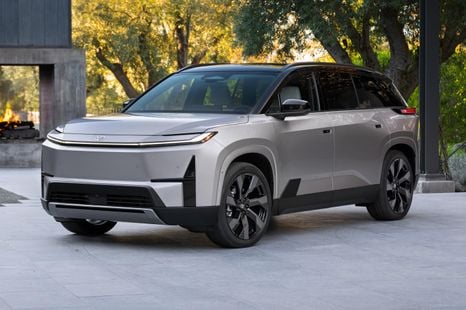

Damion Smy
5 Hours Ago


Ben Zachariah
7 Hours Ago
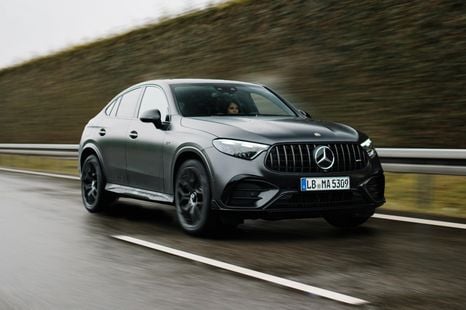

William Stopford
8 Hours Ago
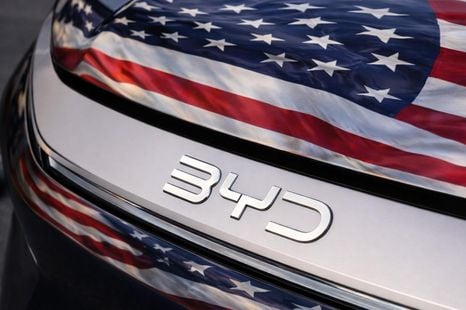

Damion Smy
10 Hours Ago
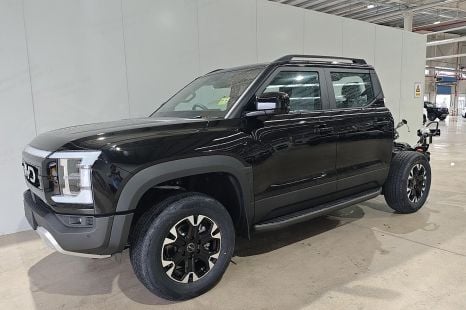

William Stopford
11 Hours Ago
Add CarExpert as a Preferred Source on Google so your search results prioritise writing by actual experts, not AI.